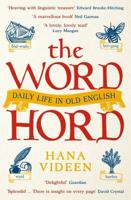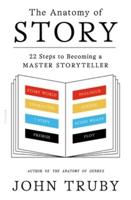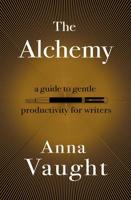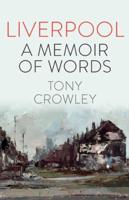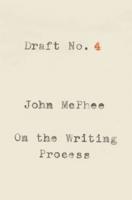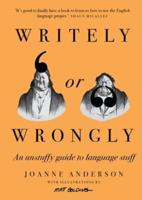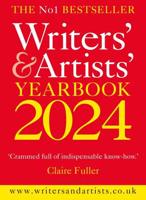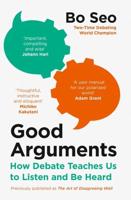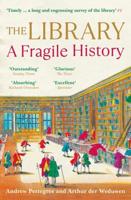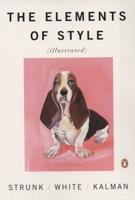Publisher's Synopsis
Essay from the year 2012 in the subject English Language and Literature Studies - Literature, grade: 1,0, Swansea University (Department of English Language and Literature), course: Uncanny Places: Gender and the Fantastic, language: English, abstract: Doubling is the "appearance of persons who have to be regarded as identical because they look alike" (Freud, 2003: 14) and, according to Freud, this can create an uncanny effect because "we are faced with the reality of something that we have until now considered imaginary" (Freud, 2003: 150). However, the trope of the double has far more potential than just sending shivers down our spines; its appearance might indeed raise, and confront us with, important questions concerning our own identity and subjectivity. I would like to exemplify this by comparing the importance of doppelgänger figures in Daphne du Maurier's Rebecca and Angela Carter's The Magic Toyshop in relation to gender identity and would like to investigate, in particular, how the trope of the double/phantom might call into question gender role expectations, shed light on their constructedness, and ultimately play an important role in overcoming social and sexual limitations.



